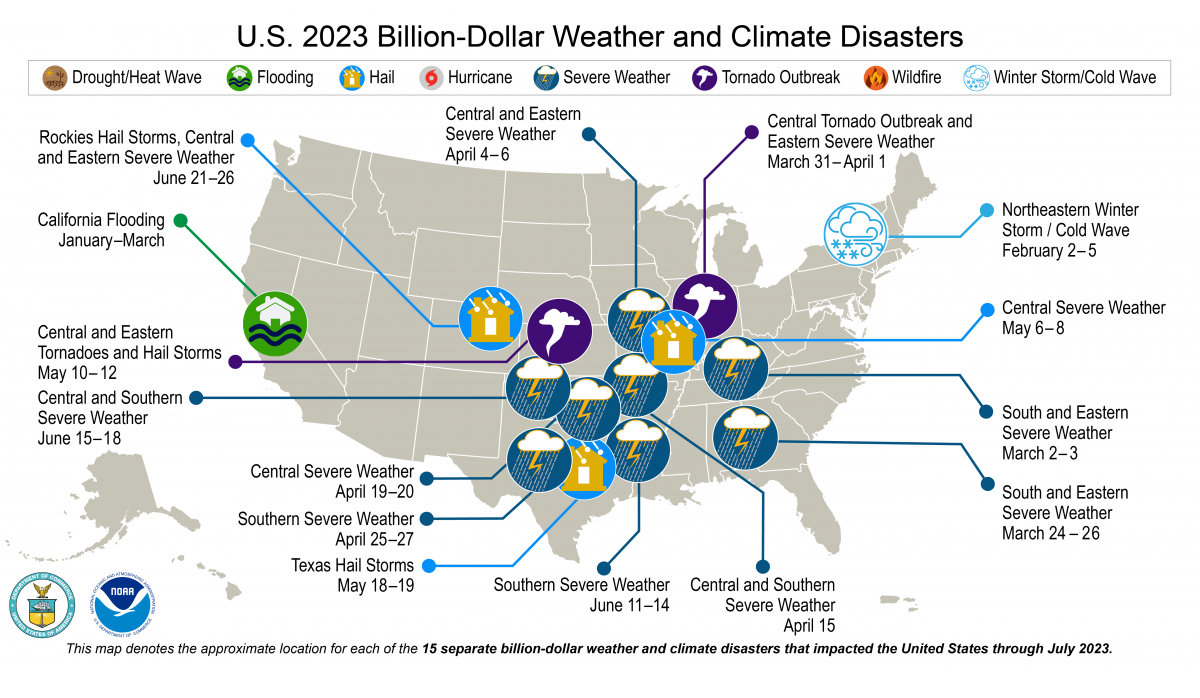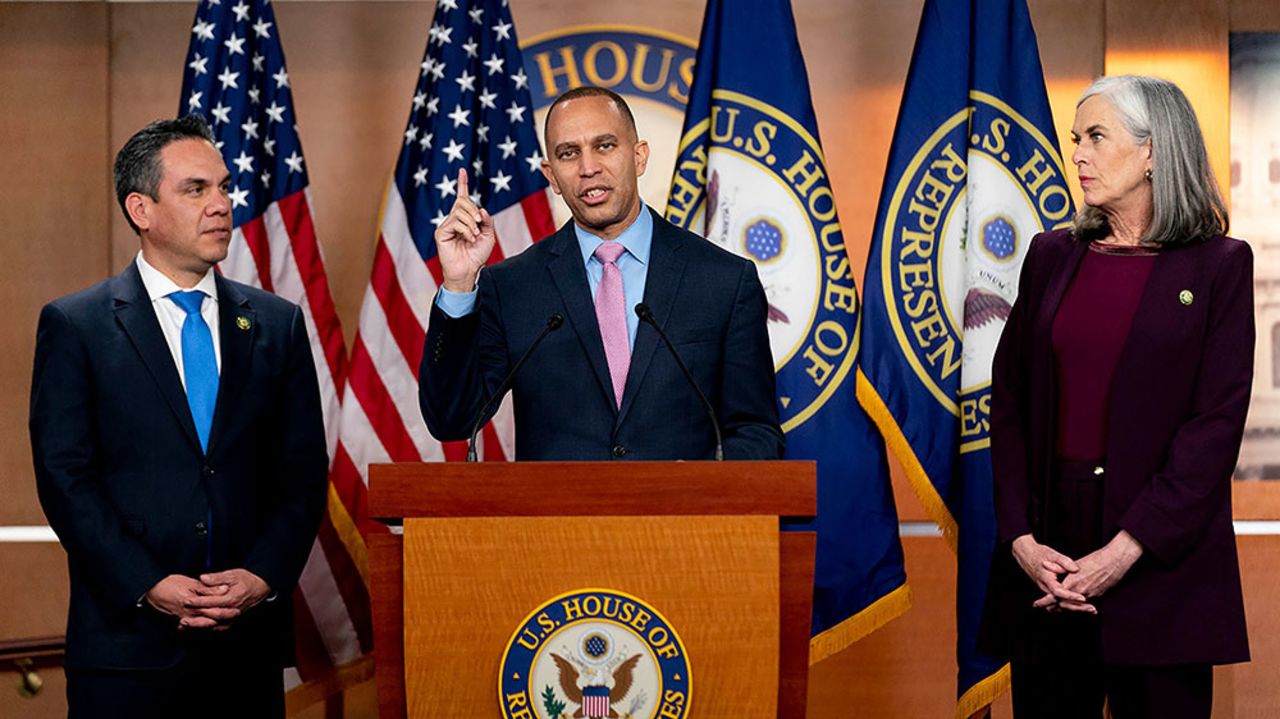In a shocking revelation, a recent survey found that a staggering 26% of Americans are indifferent to the goals of climate justice, while 19% outright oppose them. These figures illustrate a gaping chasm in public understanding and support for one of the most pressing issues of our time. As the climate crisis accelerates, the consequences of this indifference could spell disaster for marginalized communities already bearing the brunt of environmental degradation.
Survey Highlights Growing Divide
The 2023 International Public Opinion on Climate Change survey conducted by Yale’s Climate Communication Project in collaboration with Data for Good at Meta and Rare’s Center for Behavior & the Environment reveals alarming insights into public attitudes towards climate change and justice. While a quarter of Americans sit on the fence, nearly one in five actively oppose climate justice initiatives. This polarization is not just a statistic; it reflects a national narrative that has been shaped by misinformation and a lack of comprehensive education on climate issues.
Implications for Environmental Policy
The indifference and opposition to climate justice pose serious implications for environmental policy. With the EPA"s new regulations aimed at reducing methane emissions, the lack of public support could jeopardize future policy advancements. If significant portions of the population are disengaged, lawmakers may face challenges in mobilizing the political will necessary to push through transformative legislation. The findings indicate that the climate justice movement must intensify its efforts to educate the public about the interconnectedness of climate change and social inequity.
\n\n
Climate Change and its Impact on Local, Regional and Global ...
Political Polarization Further Complicates Action
As reported by NYU, the division between liberals and conservatives on climate beliefs is deepening. This polarization not only hinders consensus but also influences electoral outcomes. According to the Climate Change in the American Mind report, registered voters show a pronounced divergence in their willingness to support climate initiatives based on their political affiliations. This division means that even well-intentioned policies could be met with fierce resistance, further stalling progress.
Need for Grassroots Movements
The survey results underscore the urgent need for grassroots movements to galvanize support for climate justice. Over 25% of registered voters expressed a willingness to campaign for climate initiatives, but this potential remains largely untapped. Activists must mobilize communities, particularly those from marginalized backgrounds, to amplify their voices and demand accountability. The climate justice movement must become more inclusive and representative, engaging those who are often left out of the conversation.
\n\n
January 3, 2023 Latest on the new Congress and House speaker vote | CNN ...
Addressing Misinformation
With misinformation rampant, addressing public misconceptions about climate justice is paramount. The survey highlights a significant gap in knowledge, revealing that many Americans are unaware of the direct link between climate change and social justice. Educational campaigns, especially those utilizing social media platforms, can play a crucial role in shifting public perception. According to the Climate Change in the American Mind report, targeted outreach can help bridge this gap and foster a more informed electorate.
Addressing these challenges is not just a matter of policy; it is a moral imperative. The climate crisis disproportionately impacts low-income communities and communities of color. Ignoring the voices of those most affected only exacerbates existing inequalities. The fight for climate justice is inextricably linked to the broader struggle for social justice, and it is vital that we act now to ensure that all communities are represented and heard in this critical dialogue.

![[Video] Anti-ICE Protester Pepper Sprayed as CBP Agents Disperse Crowd in Minneapolis](/_next/image?url=%2Fapi%2Fimage%2Fthumbnails%2Fthumbnail-1768260677127-y71sb7-thumbnail.jpg&w=3840&q=75)

![[Video] Several injured as U-Haul truck drives through Iranian protestors in Los Angeles](/_next/image?url=%2Fapi%2Fimage%2Fthumbnails%2Fthumbnail-1768176682028-q95y6j-thumbnail.jpg&w=3840&q=75)
![[Video] Scuffle breaks out between Trump supporters and Anti-ICE protesters in Times Square](/_next/image?url=%2Fapi%2Fimage%2Fthumbnails%2Fthumbnail-1768165958203-hgcgb-thumbnail.jpg&w=3840&q=75)


![[Video] Gunfire between Iraqi security forces and Sadr militias in Baghdad](/_next/image?url=%2Fapi%2Fimage%2Fthumbnails%2Fthumbnail-1768343508874-4redb-thumbnail.jpg&w=3840&q=75)
